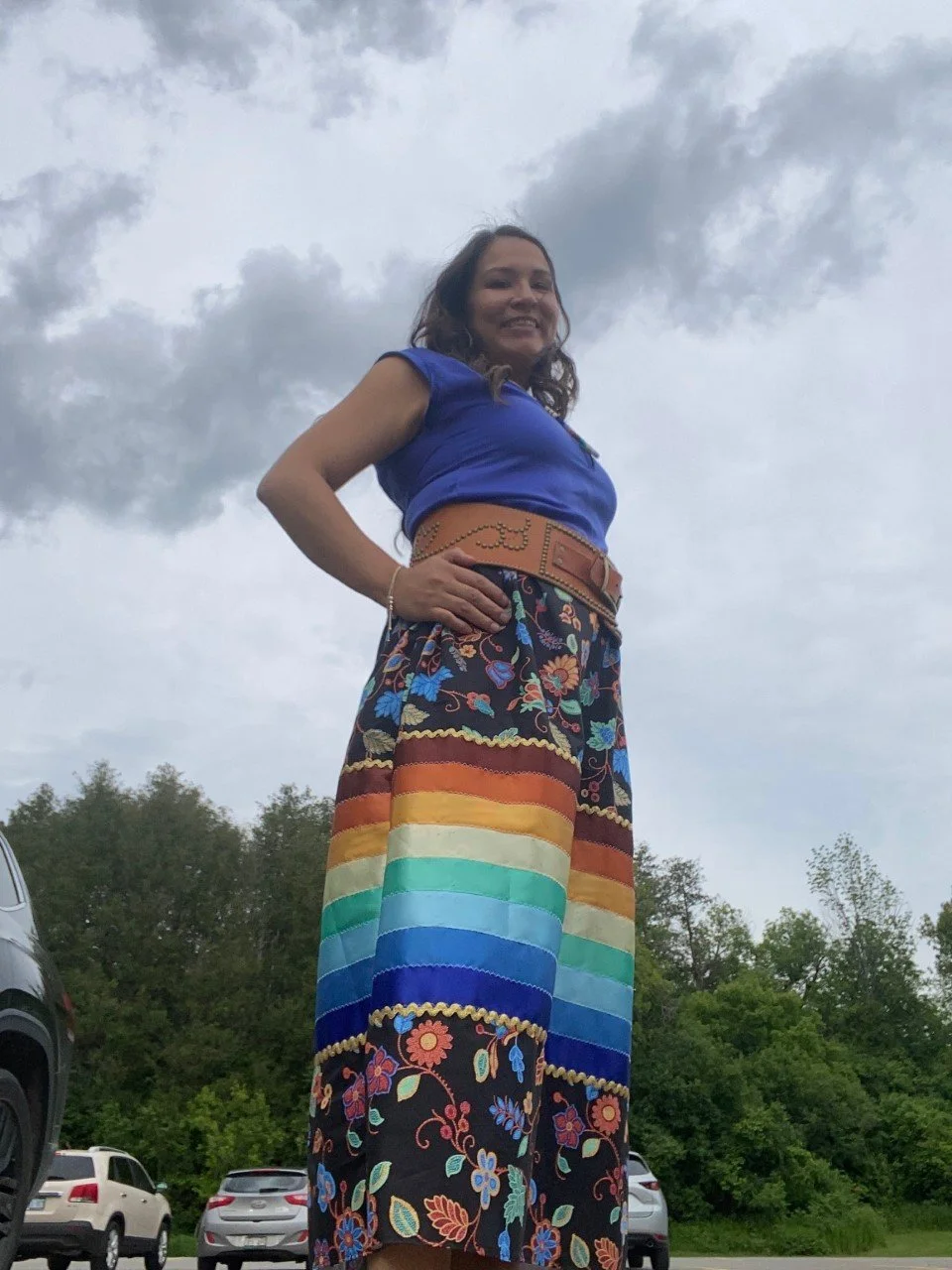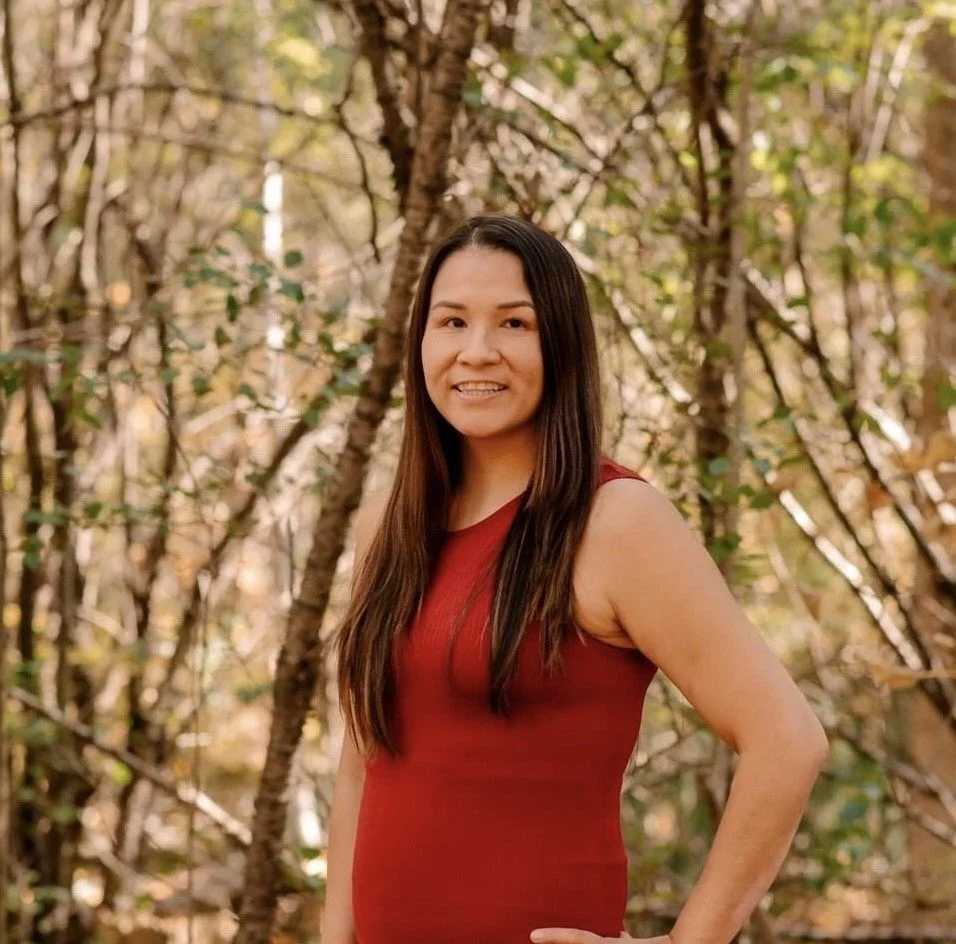Healing Our History
Dr. Amy Shawanda on How Colonialism in Canada Continues to Affect Indigenous Health
by Miriam Gladstone
“Is there systemic racism in Quebec?” asked Premier Francois Legault in 2021. A year previously, Joyce Echaquan, a 37-year old Atikamekw mother of seven, lay dying in a hospital outside of Montreal while hospital staff mocked and berated her. Speaking at a press conference addressing the incident, Premier Legault decided, “It’s evident for me, the answer is no.”
Dr. Amy Shawanda, a post-doctoral fellow at the University of Toronto, disagrees. As someone who specializes in Indigenous health, Dr. Shawanda knows that systematic racism towards Indigenous people is prevalent across Canada. What’s more, as an Anishinaabe woman, she experiences it first- hand. She explains, “I often find myself struggling in these spaces that are actually not built for me and just trying to find a way to survive in them.”
A commissioned report in 2019 found that prejudice towards Indigenous people was widespread between caregivers and patients in healthcare settings in Quebec. These experiences make Indigenous people more likely to avoid seeking health care. Today, Indigenous people across Canada, especially those in rural settings, have poorer access to health services and worse health outcomes compared to non-Indigenous people.
Dr. Shawanda explains that these outcomes are repercussions from colonialism. “If you wonder why we’re having these health disparities,” she reports, “it’s because you took away our ways of living, you polluted the water, and you polluted the land and animals.”
From Wiikwemkoong First Nation in northern Ontario, Shawanda completed a Master’s degree at Laurentian University in Indigenous Relations and a PhD in Indigenous Studies at Trent University. With her unique expertise, Dr. Shawanda skillfully navigates the space between traditional Indigenous knowledge and academia.
For Dr. Shawanda, being Indigenous is not a one-dimensional identity: “There are so many intricate layers to being an Indigenous woman. I’m Indigenous, but I’m a mom, first and foremost, and I also am a scholar.”
Her hope is that health professionals would engage in learning about the complex cultures and histories of the Indigenous people that they treat. She notes, “Health care providers today need education to understand the diversity between our nations and our beliefs.”
In Quebec, when Indigenous patients travel from northern communities to hospitals in Montreal, they are often given the generic label by doctors and nurses as being a patient from ‘Up North’. This term communicates the patient’s assumed characteristics and habits and reduces complex, unique individuals into a stereotype. Cognitive biases such as these can lead to missed diagnoses, mistreatment and even death.
In response to Ms. Echaquan’s death, employees of the CISSS (Integrated Health and Social Services Centres in Quebec) at the time received three hours of training on Indigenous issues. But Dr. Shawanda claims that such ‘cultural safety’ trainings are both overdue and insufficient: “Universities are moving in the right direction with implementing these programs, but we need much more beyond that. By the time people are at work or in university, they already have deeply entrenched views.”
Instead, she says, she urges health care facilities to begin hiring and training more Indigenous people. The McGill Medical school operates an Indigenous Candidate Pathway program, designed to facilitate Indigenous applications to medical school. However, it is an under-utilized program. According to statistics published by the McGill Faculty of Medicine, out of the 570 medical school applicants who were invited to an interview in 2022 only 3 of these were in the Indigenous Candidate Pathway. Only 1 would be accepted.
If McGill University is serious about recruiting more Indigenous people, Dr. Shawanda says, they need to be prepared to make significant changes. “There needs to be incentives for Indigenous people to be recruited to and to stay in medical school,” she explains, “Medicine is not an easy program, so I have to be real with our Indigenous folks that it’s going to be challenging and that they will need support.”
Shawanda’s suggestions for increasing the number of Indigenous trainees in medical school include incorporating virtual learning options into the curriculum so that students can stay in their community longer and adapting French language requirements for these applicants.
For now, Dr. Shawanda asks individuals to take responsibility for their own knowledge: “The burden of making change does fall on Indigenous people. I’m constantly asked, ‘Can you give us resources?’, but here are a ton of resources online if you only looked.” She suggests those seeking to learn can do so by “reading a book or watching a documentary by Indigenous people.” She says, “When you do that, there’s complementary parts. Not only are you educating yourself, but you are also supporting Indigenous people.”
Although Premier Legault has denied the existence of systemic racism in Quebec, considerable evidence and countless personal stories from Indigenous people across Canada have shown otherwise. Dr. Shawanda explains that Indigenous people are already working to break down these barriers and that “those that have voices are constantly trying to better our communities.” It’s time that all Canadians support work to undo the extensive impacts of colonialism on Indigenous health and wellbeing.
Dr. Amy Shawanda is a Anishinaabe scholar and a Provost Post-Doctoral Fellow at the Dalla Lanna School of Public Health at the University of Toronto. She was raised on Wiikwemikoong Territory on Manitoulin Island, Ontario and has diverse interests within the Indigenous health and education fields. Her Master’s research focused on smudging policies in healthcare facilities in northeastern Ontario. Her doctorate work at Trent University focused on Indigenous motherhood and the challenges, tensions and strengths of traditional teachings in a contemporary context.


